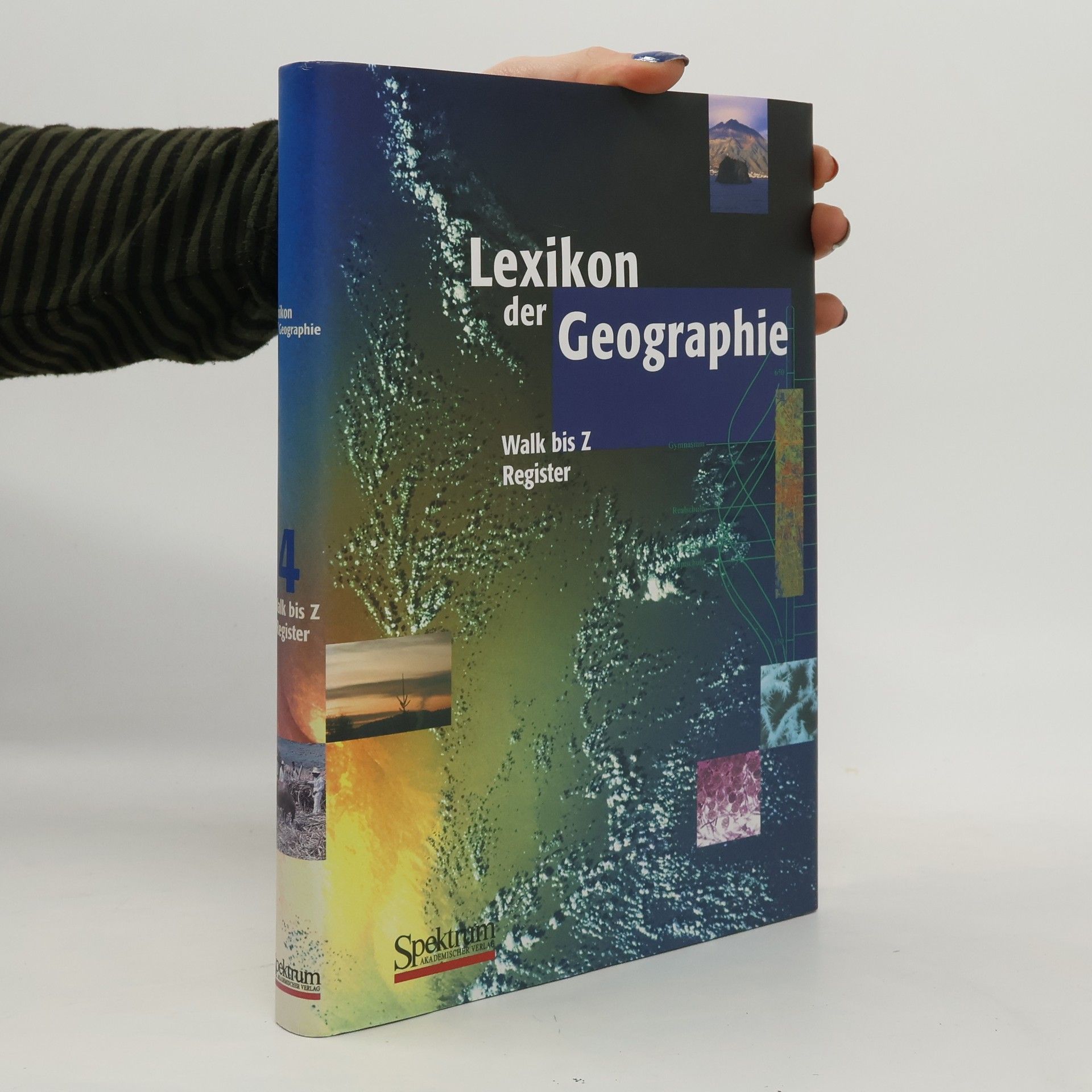Spektrum Lehrbuch: Humangeographie
- 682 stránok
- 24 hodin čítania
Ein verworrenes Quartier, das lange gemieden wurde, wurde plötzlich klar und einladend, als ein geliebter Mensch dort einzog. Walter Benjamin beschreibt, dass wir Orte erst verstehen, wenn sie für uns von Bedeutung werden. Die meisten Menschen haben ein gewisses Verständnis ihres Lebens und ihrer Umgebung, doch das Wissen über andere Gesellschaften und deren Verbindungen zu unserem eigenen Leben bleibt oft begrenzt. Dieses Buch bietet eine Einführung in die Humangeographie, die sich mit den dynamischen Beziehungen zwischen Menschen und den von ihnen bewohnten Räumen beschäftigt. Es vermittelt grundlegende geographische Techniken und Konzepte, die notwendig sind, um die Komplexität von Orten und Regionen zu erfassen und die Wechselbeziehungen zwischen dem eigenen Leben und dem anderer Menschen weltweit zu verstehen. Der neue humangeographische Ansatz berücksichtigt die signifikanten Veränderungen, die Räume auf globaler, regionaler und lokaler Ebene erfahren haben, wie die Globalisierung der Industrie oder der Zusammenbruch des sowjetischen Reiches. Der Ansatz fördert das Verständnis neuer Konzepte und Theorien in Bezug auf diese Veränderungen und bietet die Grundlagen der Humangeographie: Prinzipien, Konzepte, theoretische Grundlagen und das notwendige Wissen für weiterführende Studien.

